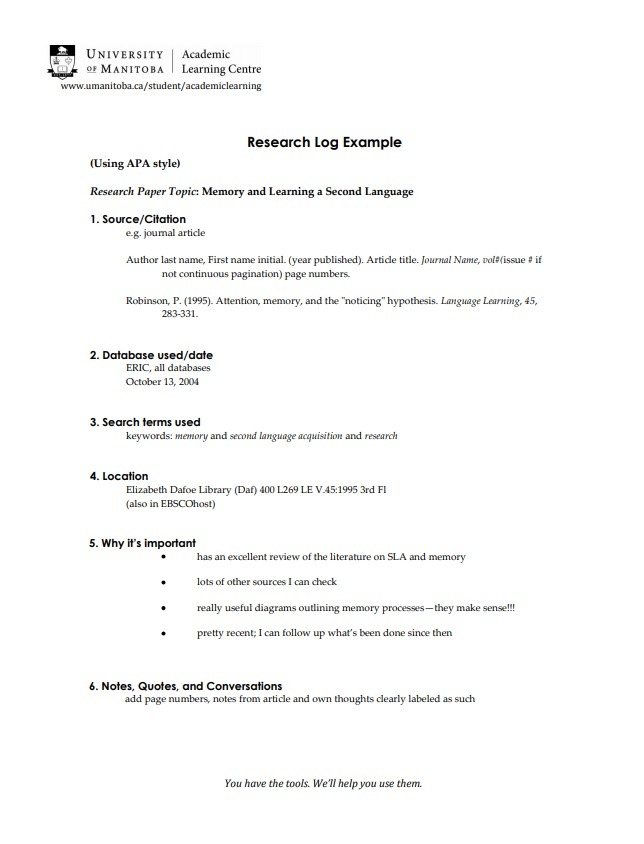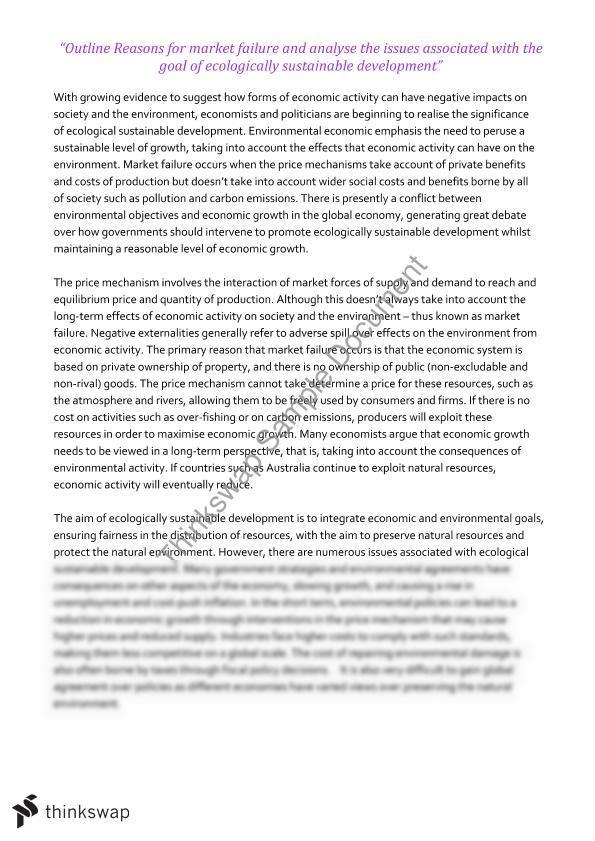


It remains unclear to what extent the results of such studies generalize to less constrained real-world situations where people's personalities can influence not only how they write or talk about specific topics, but also what topics they choose to write or talk about (cf. Participants are typically directed to write or talk about specific topics, e.g., one's personal history and future goals ( Fast & Funder, 2008 Hirsh & Peterson, 2009), a recent personal loss ( Baddeley & Singer, 2008), or daily events ( Pennebaker & King, 1999). First, most studies have focused on writing samples collected under laboratory settings or other relatively constrained contexts. The results of such studies have confirmed and extended previous work on personality for example, studies have consistently identified theoretically predicted correlations between the dimensions of Extraversion and Neuroticism and usage of words related to a variety of positive and negative emotion categories ( Hirsh & Peterson, 2009 Lee, Kim, Seo, & Chung, 2007 Pennebaker & King 1999).ĭespite increasing interest, investigation of the relation between personality and word use is hampered by three limitations. Recent studies have identified systematic associations between personality and language use in a variety of different contexts, including directed writing assignments ( Hirsh & Peterson, 2009 Pennebaker & King, 1999), structured interviews ( Fast & Funder, 2008) and naturalistic recordings of day-to-day speech ( Mehl, Gosling, & Pennebaker, 2006).

Not surprisingly, these differences are reflected not only in what people think, feel, and do, but also in what they say about what they think, feel, or do.

People differ considerably from each other in their habitual patterns of thought, feeling and action.


 0 kommentar(er)
0 kommentar(er)
